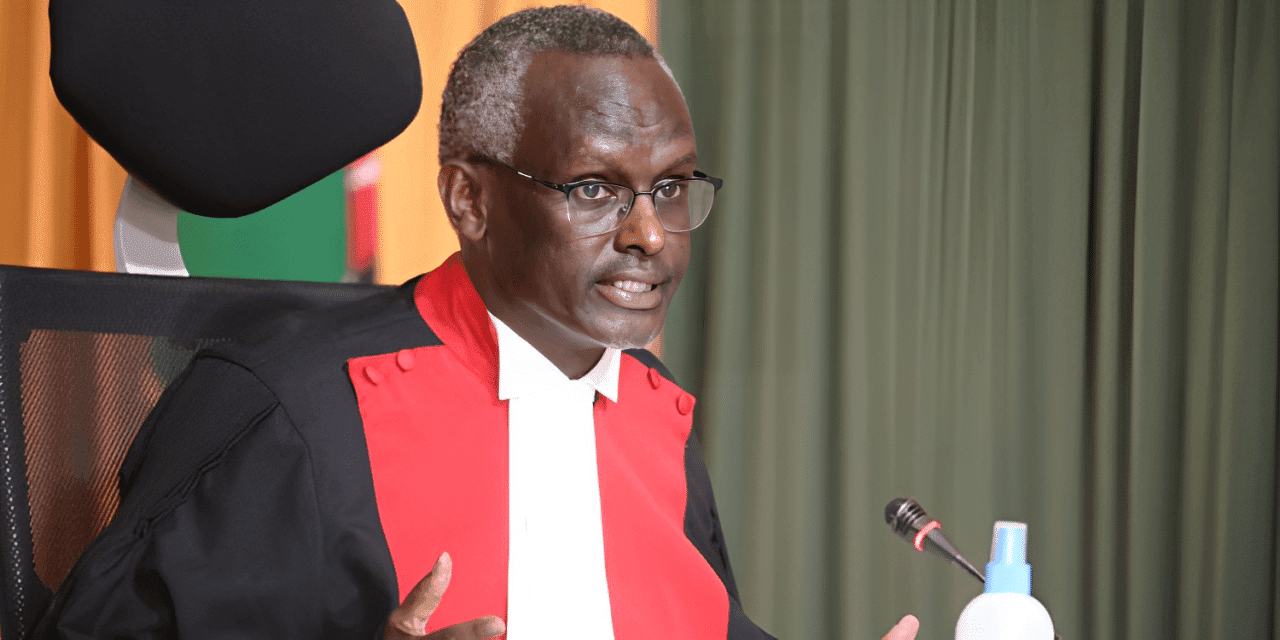Kenya's fish production from aquaculture farming has grown from four to 30 tonnes annually the high cost of fish feed notwithstanding.
Stockholders are now calling for tax relief on raw materials for the fish feeds. They have also decried the lack of certified fingerlings.
The production is still below the country's potential which experts say can hit 100,000 tonnes.
This emerged at the 2nd General Congress of the Aquaculture Network for Africa (ANAF) organised by AU-IBAR in Naivasha.
According to the Director of Fisheries Lucy Obungu continued efforts by the state and county governments to support farmers through provision of certified seeds and markets has boosted production.
She said the high cost of fish feeds is a set back to many the small-scale fish farmers.
“We have an acute shortage of certified fingerlings but the government is working on various centres of excellence so that we can increase production from aquaculture farming,” she said.
The director admitted that illegal fishing in major water bodies was a threat to fish production in the country with hundreds of families relying on the trade for survival.
“The ministry is working closely with the other agencies like Coast Guards to patrol major water bodies and also introduce new fish species that are popular in the market,” she said.
AU-IBAR Director Huyam Salih said that the continent’s aquaculture potential had not been fully exploited mainly due to lack of capital.
She said that the organisation is keen to work with member countries by empowering communities through policies and capacity building.
“The continent's potential in terms of fish production is very high and through such engagements with stakeholders, we seek ways of fully utilising these resources,” she said.
The East Africa Community representative in the meeting David Balikowa said that aquaculture farming had changed the lives of many through provision of food and revenue.
“Apart from lack of certified seeds and high cost of fish feed, the issue of market and influx of cheap imports from Asia still remains a challenge in the sector,” he said.









